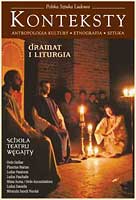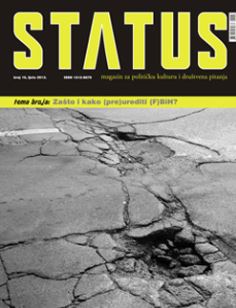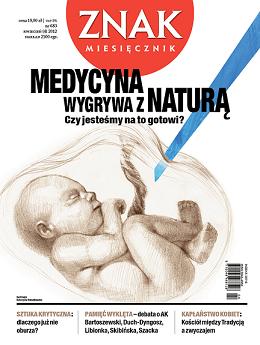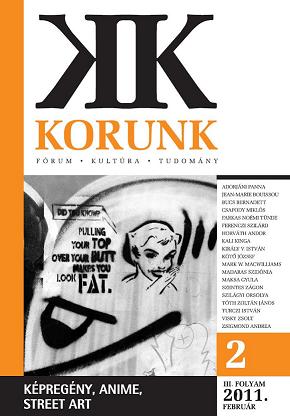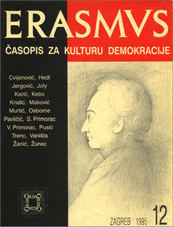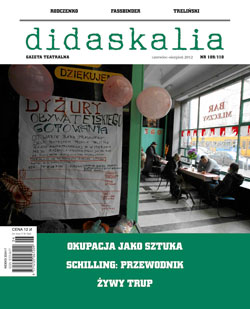
Po co nam ta choroba?
In his review of Michał Borczuch’s newest play, Hans, Dora and the Wolf, performed at the Polski Theatre in Wrocław (premiere: 9.03.2012), Jakub Papuczys points out that the director has managed, in a subversive way, to “return to Freud.” The show’s creators, avoiding a detailed reconstruction of psychoanalytical theory, treat the three title cases as vivid and vital theatrical stories. By fragmenting these stories and stripping them of chronology and cause-and-effect logic, Borczuch presents material to the viewers which they must interpret for themselves.
More...
